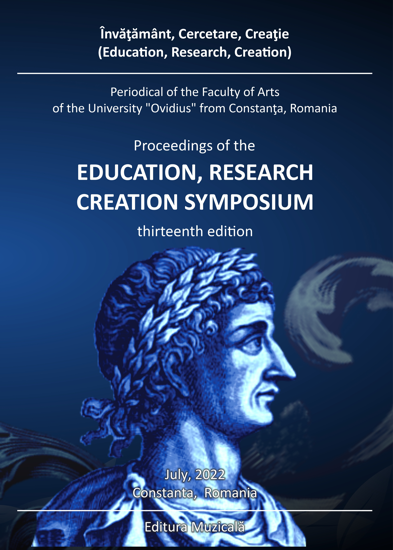The laboratory theater and the man-actor ideal
The laboratory theater and the man-actor ideal
Author(s): Anca-Daniela MihutSubject(s): Theatre, Dance, Performing Arts, Fine Arts / Performing Arts, Cultural history, Recent History (1900 till today)
Published by: Editura Muzicală
Keywords: laboratory theatre; new man; theatrical community; experiment; theatrical practises;
Summary/Abstract: The European theatrical life in the early 20th century is marked by the will of radical renewal of both the theatrical performance and the institution of the theater itself, an aspiration shared by all the founders of Art Theaters - Stanislavski, Brahm, Reinhardt, Copeau, Jouvet, etc. Rethinking language and theatrical space, as well as the formation and training of the actor will be the main axes that will mark the concerns of the theater reformers. The protagonists of the theatrical renewal process will be the director - the guarantor of the unity of all the stage elements - and the actor, whose condition and function needed to be fundamentally rethought. Very soon, it will become obvious that theatrical renewal could not have taken place without the existence of a space for research and training. It also became very clear that the existence of a new actor was conditioned by the existence of a new man. Thus, the theatrical laboratory will become both a place to experiment with new principles and techniques, and a crucible in which the new man-actor could be formed.
Journal: Învăţământ, Cercetare, Creaţie
- Issue Year: VIII/2022
- Issue No: 1
- Page Range: 263-280
- Page Count: 18
- Language: English

